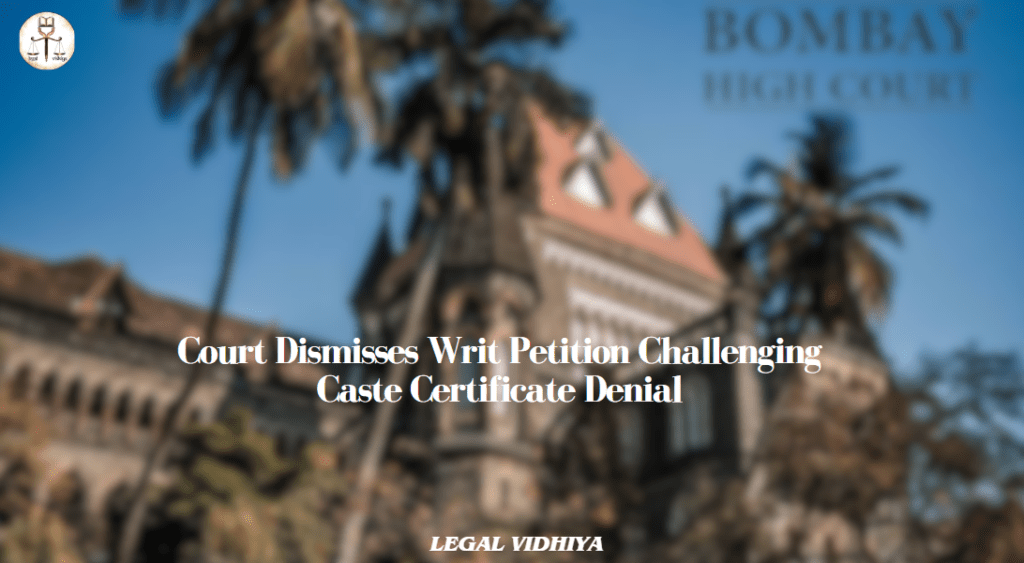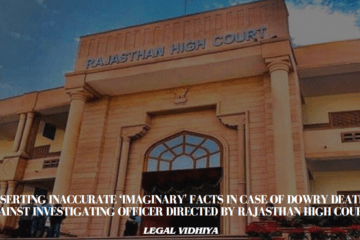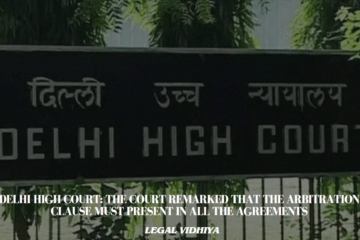
In a recent legal development, the Bombay High Court has dismissed a writ petition challenging the rejection of caste certificates for the issuance of ‘Tokre Koli’, Scheduled Tribe status. The petitioners had approached the court under Article 226 of the Constitution of India, contesting the orders passed by the Sub Divisional Officer, Shirpur, and the Scheduled Tribe Certificate Scrutiny Committee.The petitioners, represented by Mr. Paithane, contended that they had submitted a proposal for caste certificates with supporting documents, including school leaving certificates and a genealogy. However, the authorities, specifically respondent no.3, rejected the applications citing reasons such as the recent issuance of documents from 1970 onwards and contra entries found in their investigation.Mr. Paithane argued that the competent authority should issue caste certificates without delving into deeper inquiries once the submitted documents are deemed genuine. He referred to a precedent case, Samadhan Suryakant Akoskar Vs. State of Maharashtra, highlighting that the appellate powers should not involve verifying the claim but should focus on a prima facie conclusion.The Additional Government Pleader (AGP) supported the authorities’ decision, stating that the petitioners were not entitled to caste certificates based on a thorough examination of their documents.After considering both sides, the court emphasized the procedures outlined in Section 4 of the Maharashtra Act No.XXIII of 2001 and the rules governing the issuance and verification of Scheduled Tribe certificates. The court observed that the Competent Authority must issue caste certificates after verifying the genuineness of the claim, without conducting a vigilance or investigation.Referring to a Division Bench judgment, the court clarified the distinction between adjudicating caste claims and granting caste certificates. The former requires a deeper inquiry, including a vigilance report, while the latter should be based on prima facie evidence.
In this case, the court found that the petitioners failed to support their claim as ‘Tokre Koli,’ Scheduled Tribe, especially considering an entry in 1922 referring to the grandfather’s caste as ‘Malhar Koli.’ Despite acknowledging the Scrutiny Committee’s exceeding of appellate jurisdiction, the court concluded that the petitioners could not substantiate their caste claims.As a result, the court dismissed the writ petition, stating that there is no merit in the case, and discharged the rule.
CASE: PRAKASH SHIVRAM NIKUM AND OTHERS Vs THE STATE OF MAHARASHTRA AND OTHERS
NAME:NIDHI SINGH,BBA.LLB(H), SYMBIOSIS LAW SCHOOL,PUNE, INTERN UNDER LEGAL VIDHIYA
Disclaimer: The materials provided herein are intended solely for informational purposes. Accessing or using the site or the materials does not establish an attorney-client relationship. The information presented on this site is not to be construed as legal or professional advice, and it should not be relied upon for such purposes or used as a substitute for advice from a licensed attorney in your state. Additionally, the viewpoint presented by the author is of a personal nature.




0 Comments